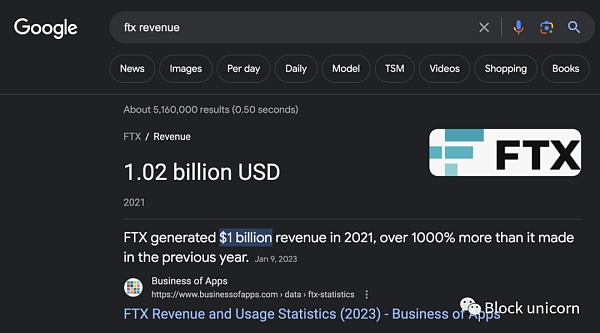Financial observation: The United States is advancing the delay of the digital currency, causing industry concerns
Xinhua News Agency, Washington, November 14th
Xinhua News Agency reporter Yang Chenglin
Source: Xinhuanet
Recently, more and more central banks around the world have begun to pay attention to digital currency research and development, making it a hot topic of global concern. However, US regulators seem to be uninterested in digital currencies and continue to put pressure on Facebook, which plans to introduce Libra digital currency. This has worried the US industry that the US may not be able to take the lead in the new round of digital currency competition.
- Blockchain analysis company Messari completed $4 million in financing, Coinbase, distributed capital, etc.
- HSBC joins Singapore Exchange and Temasek to issue blockchain-based fixed income securities
- US CFTC Chairman: After Ethereum 2.0 to PoS, ETH may be considered "securities"
So far, many central banks around the world have revealed the progress of research and development of their “central bank digital currency”. On the 11th, the Bank for International Settlements, known as the “Central Bank of the Central Bank”, appointed Benoit Cray, who is leaving the Executive Committee of the European Central Bank, to serve as the head of the Bank for Innovation and Reform, and to preside over the bank’s digital currency research and development.
According to Reuters, European Central Bank officials said that the bank's digital currency research and development has entered the technical level and will soon explain the situation to EU countries. The Canadian Financial Post reported that the country’s central bank is considering issuing digital currencies. The heads of the UK and Sweden central banks also recently talked about the application prospects and potential of digital currency.
Faced with the new wave of global digital currencies, the development of digital currency in the United States has been slow. The digital currency plan announced by Facebook last few months suffered a lot of setbacks under the pressure of US regulators. Well-known payment institutions such as Visa Credit Card, MasterCard, and Yibei, which had announced their participation in the program, have announced their withdrawal. Although the US Treasury and the Federal Reserve have begun to pay attention to digital currency, there are still no signs of positive action.
US Treasury Secretary Steven Mnuchin said that Libra may be abused by money launderers and terrorist financiers and is a "national security issue." Federal Reserve Chairman Jerome Powell also said that the United States is paying close attention to the issuance of sovereign digital currencies, but he has not "actively considered" this matter.
Some analysts believe that US regulators are harsh on digital currencies, mainly because they are worried about the threat to the dollar. Bank of England Governor Mark Carney also said that if the financial structure is formed around the new digital currency and replaces the dominant position of the US dollar in the credit market, the influence of the US dollar on the global financial environment may also decline, and the digital currency may “weaken”. The hegemony of the dollar in global trade."
However, the US financial community is worried that the attitude of US regulators may undermine the competitive potential of the United States. Katie Howe, a partner at Andresen-Horowitz, which focuses on venture capital, criticized that ending a technology before it was completed "created a dangerous precedent" for the US in the digital currency arena Backwardness is the "national security issue."
The US Blockchain Association said that Libra’s attack is a “political act” that violates the US’s tradition of welcoming new technologies. The US Congress should focus on fostering an open blockchain network to prevent the United States from losing in this global technology competition. .
Brian Capital, BKCM CEO of digital currency investment company, said that Facebook’s primary reason for launching Libra is to compete with Asian competitors. If US regulators continue to obstruct, he “will not feel Libra’s choice to list in other countries. Surprised."
Lisa Ellis, a senior stock analyst at the Morphey Nathanson Institute in New York, believes that the United States does need to innovate and develop its own digital currency.
We will continue to update Blocking; if you have any questions or suggestions, please contact us!
Was this article helpful?
93 out of 132 found this helpful
Related articles
- Thinking after the Wuzhen Conference: The future ten years of the blockchain in my eyes
- Blockchain is for information security, is armor or weakness
- Block value observation of Wuzhen 2019 block: distributed digital identity, Web3.0, MOV, NDN
- Zhu Min Dialogue Greenspan: National currency and central bank authority do not need "digital currency" to implement
- In 19 days, 44 policies are favorable, and the blockchain industry is accelerating into the fast lane.
- Oasis Network, the blockchain privacy computing platform, officially launched its first public beta network
- The application of transaction cost theory in the blockchain industry




